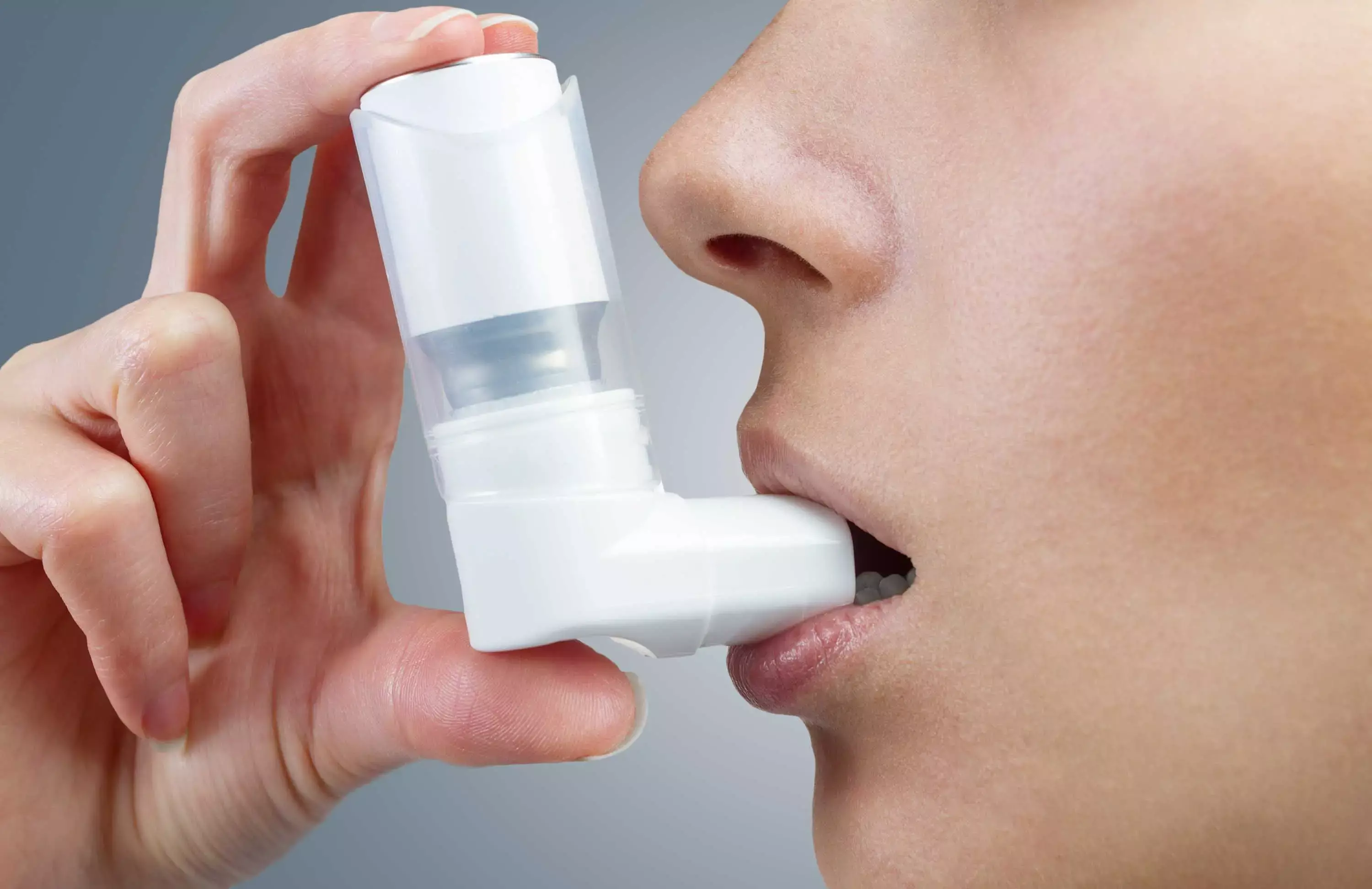- Home
- Medical news & Guidelines
- Anesthesiology
- Cardiology and CTVS
- Critical Care
- Dentistry
- Dermatology
- Diabetes and Endocrinology
- ENT
- Gastroenterology
- Medicine
- Nephrology
- Neurology
- Obstretics-Gynaecology
- Oncology
- Ophthalmology
- Orthopaedics
- Pediatrics-Neonatology
- Psychiatry
- Pulmonology
- Radiology
- Surgery
- Urology
- Laboratory Medicine
- Diet
- Nursing
- Paramedical
- Physiotherapy
- Health news
- Fact Check
- Bone Health Fact Check
- Brain Health Fact Check
- Cancer Related Fact Check
- Child Care Fact Check
- Dental and oral health fact check
- Diabetes and metabolic health fact check
- Diet and Nutrition Fact Check
- Eye and ENT Care Fact Check
- Fitness fact check
- Gut health fact check
- Heart health fact check
- Kidney health fact check
- Medical education fact check
- Men's health fact check
- Respiratory fact check
- Skin and hair care fact check
- Vaccine and Immunization fact check
- Women's health fact check
- AYUSH
- State News
- Andaman and Nicobar Islands
- Andhra Pradesh
- Arunachal Pradesh
- Assam
- Bihar
- Chandigarh
- Chattisgarh
- Dadra and Nagar Haveli
- Daman and Diu
- Delhi
- Goa
- Gujarat
- Haryana
- Himachal Pradesh
- Jammu & Kashmir
- Jharkhand
- Karnataka
- Kerala
- Ladakh
- Lakshadweep
- Madhya Pradesh
- Maharashtra
- Manipur
- Meghalaya
- Mizoram
- Nagaland
- Odisha
- Puducherry
- Punjab
- Rajasthan
- Sikkim
- Tamil Nadu
- Telangana
- Tripura
- Uttar Pradesh
- Uttrakhand
- West Bengal
- Medical Education
- Industry
Excessive use of short-acting beta 2 agonists tied with extra extreme bronchial asthma

High use of short-acting beta 2 agonists is tied with more severe asthma, according to a recent study published in the Journal of Allergy Clinical Immunology Practice
In short-term studies, poor adherence to inhaled corticosteroids (ICS) has been associated with worse asthma control, but the association of long-term adherence and disease control remains unclear. A study was conducted to assess the relationship between 12-year adherence to ICS and asthma control in patients with adult-onset asthma.
As part of the Seinäjoki Adult Asthma Study, 181 patients with clinically confirmed new-onset adult asthma and regular ICS medication were followed-up for 12 years. Adherence (%) to ICS was assessed individually ((µg dispensed/µg prescribed)×100) during the follow-up. Asthma control was evaluated after 12 years of treatment according to the Global Initiative for Asthma 2010 guideline.
Results:
- Asthma was controlled in 31% and not controlled (partly controlled or uncontrolled) in 69% of the patients.
- Patients with not-controlled asthma were more often male, older, nonatopic and used higher doses of ICS than those with controlled disease.
- The mean±sd 12-year adherence to ICS was 63±38% in patients with controlled asthma and 76±40% in patients with not-controlled disease (p=0.042).
- Among patients with not-controlled asthma, those with lower 12-year adherence (<80%) had more rapid decline in forced expiratory volume in 1 s (-47 mL·year-1) compared to patients with better adherence (≥80%) (-40 mL·year-1) (p=0.024).
- In contrast, this relationship was not seen in patients with controlled asthma.
Thus, in adult-onset asthma, patients with not-controlled disease showed better 12-year adherence to ICS treatment than those with controlled asthma. In not-controlled disease, adherence <80% was associated with more rapid lung function decline, underscoring the importance of early recognition of such patients in routine clinical practice.
Reference:
Long-term adherence to inhaled corticosteroids and asthma control in adult-onset asthma by Vähätalo I, et al. published in the Journal of Allergy Clinical Immunology Practice.
doi:10.1016.j.jaip.2022.03.027.
Dr. Shravani Dali has completed her BDS from Pravara institute of medical sciences, loni. Following which she extensively worked in the healthcare sector for 2+ years. She has been actively involved in writing blogs in field of health and wellness. Currently she is pursuing her Masters of public health-health administration from Tata institute of social sciences. She can be contacted at editorial@medicaldialogues.in.
Dr Kamal Kant Kohli-MBBS, DTCD- a chest specialist with more than 30 years of practice and a flair for writing clinical articles, Dr Kamal Kant Kohli joined Medical Dialogues as a Chief Editor of Medical News. Besides writing articles, as an editor, he proofreads and verifies all the medical content published on Medical Dialogues including those coming from journals, studies,medical conferences,guidelines etc. Email: drkohli@medicaldialogues.in. Contact no. 011-43720751


